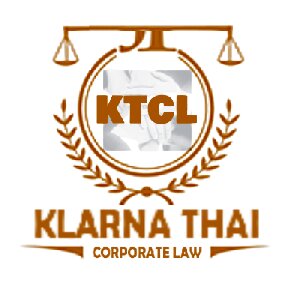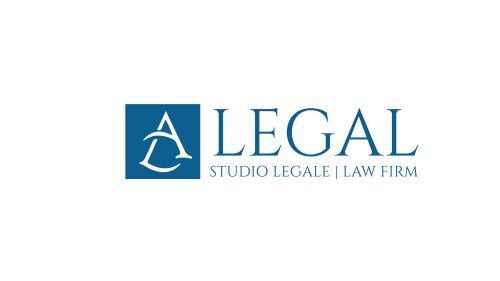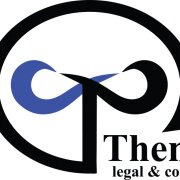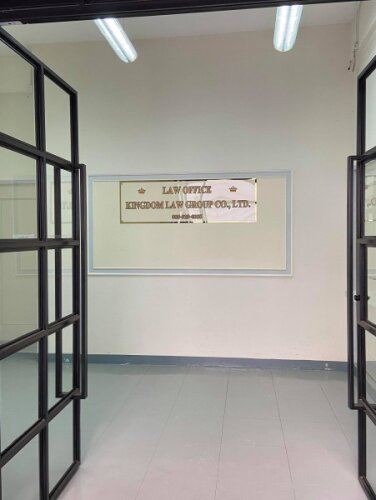Best Structured Finance Lawyers in Watthana
Share your needs with us, get contacted by law firms.
Free. Takes 2 min.
List of the best lawyers in Watthana, Thailand
About Structured Finance Law in Watthana, Thailand
Structured finance refers to a range of complex financial arrangements designed to manage risk and facilitate large funding needs. In Watthana, a vibrant district in Bangkok, structured finance is increasingly important for businesses, property developers, and investors seeking alternative methods of raising capital or optimizing existing financial arrangements. Thai law regulates structured finance through a combination of general banking, securities, and contract laws, as well as specific regulations issued by financial authorities. Across Watthana, access to international markets and the sophistication of clients make understanding structured finance law crucial for those entering into such transactions.
Why You May Need a Lawyer
Structured finance transactions can be intricate and involve multiple stakeholders, including banks, institutional investors, assets originators, and special purpose vehicles (SPVs). You may need a lawyer in the following situations:
- Structuring securitization deals, such as mortgage-backed or asset-backed securities
- Negotiating syndicated loans or project financing agreements
- Drafting and reviewing complex financial contracts
- Ensuring local law compliance for cross-border investments
- Managing tax, regulatory, and risk implications of financial structures
- Dealing with defaults, restructuring, or insolvency related to structured financial products
- Protecting your interests in disputes with counterparties or investors
A legal expert can help identify risks, maintain regulatory compliance, and create documentation aligned with your goals and Thai law.
Local Laws Overview
Structured finance in Watthana, Thailand, is governed by a blend of national legislation and regulatory guidance. Key aspects to consider include:
- The Securities and Exchange Act, which governs the issuance and trading of securities, including asset-backed securities.
- The Civil and Commercial Code, covering contract law relevant to structured finance agreements.
- Bank of Thailand regulations, especially those concerning foreign exchange, debt instruments, and credit risk management.
- Bankruptcy law, which is important when dealing with insolvency or restructuring instances.
- The Revenue Code, influencing the tax treatment of structured finance products and transactions.
- Licensing and approval requirements for certain financial activities, which may require filings with the Securities and Exchange Commission (SEC) or Bank of Thailand.
Notably, for cross-border structures or foreign investors, foreign exchange controls and sector-specific rules (such as for real estate or infrastructure) may also apply.
Frequently Asked Questions
What is structured finance, and how is it used in Thailand?
Structured finance involves creating financial products tailored to manage risk or raise capital, such as asset securitization, syndicated loans, or repackaging assets. In Thailand, it is used in real estate, infrastructure, and large business investments.
Are there any restrictions on foreign investors participating in structured finance deals in Watthana?
Foreign investors may participate, but they must comply with foreign exchange regulations and, in some sectors, foreign ownership limitations or licensing requirements. Legal guidance is essential to structure deals accordingly.
What role does the Securities and Exchange Commission (SEC) play in structured finance?
The SEC regulates the issuance of securities, including asset-backed securities, and approves offerings to safeguard investors and uphold market integrity.
Which types of assets can be securitized under Thai law?
Common assets include receivables from mortgages, auto loans, credit cards, or leases. The eligibility depends on asset quality, transferability, and applicable regulatory approvals.
How are special purpose vehicles (SPVs) formed and used in Thailand?
SPVs are established as separate legal entities, typically limited companies or trusts, to isolate assets and risks from the originator. Formation requires compliance with Thai company or trust laws.
Do structured finance transactions face any tax implications in Thailand?
Yes, there can be significant tax considerations, including VAT, withholding tax, and income tax, depending on the transaction's nature and entities involved. Tax planning is crucial for efficient structuring.
Is court approval needed for all structured finance transactions?
Court approval is not required for standard transactions, but some arrangements, such as certain insolvency or restructuring processes, may involve court oversight. Regulatory filings are more commonly necessary.
Can Thai individuals or only corporations participate in structured finance?
Both individuals and corporations can participate, but most structured finance activities involve corporate entities due to transaction size and regulatory requirements.
How is investor protection ensured in structured finance deals?
Regulations from the SEC and other authorities require transparency, disclosure, and adherence to fair dealing standards to protect investors.
What happens if a borrower defaults in a structured finance transaction?
Remedies typically follow contract terms and may involve legal action, asset takeovers, or restructuring. Bankruptcy law will apply in case of insolvency.
Additional Resources
If you need information or guidance on structured finance in Watthana, consider reaching out to:
- The Securities and Exchange Commission (SEC) Thailand, for detailed regulatory advice and updates
- The Bank of Thailand, particularly for regulations on debt instruments and cross-border transactions
- The Thai Bar Association, to find qualified legal practitioners in structured finance
- Major commercial banks and investment firms, which often publish educational material and offer dedicated structured finance teams
- Local business chambers or legal consultancies based in Bangkok or Watthana for seminars and workshops
Next Steps
If you require legal advice or representation regarding structured finance in Watthana:
- Prepare all relevant documents and information related to your proposed or existing transaction
- Research and identify law firms or individual lawyers with proven expertise in structured finance in Bangkok
- Arrange an initial consultation to discuss your needs, risks, and possible structuring options
- Ensure the lawyer explains all regulatory, tax, and compliance requirements specific to your situation
- Work with your legal adviser to draft, review, and execute the necessary agreements
- Stay informed about changes in Thai finance laws that may affect your transaction in the future
Taking these steps can ensure that your structured finance arrangements are legally sound, efficient, and aligned with your interests.
Lawzana helps you find the best lawyers and law firms in Watthana through a curated and pre-screened list of qualified legal professionals. Our platform offers rankings and detailed profiles of attorneys and law firms, allowing you to compare based on practice areas, including Structured Finance, experience, and client feedback.
Each profile includes a description of the firm's areas of practice, client reviews, team members and partners, year of establishment, spoken languages, office locations, contact information, social media presence, and any published articles or resources. Most firms on our platform speak English and are experienced in both local and international legal matters.
Get a quote from top-rated law firms in Watthana, Thailand — quickly, securely, and without unnecessary hassle.
Disclaimer:
The information provided on this page is for general informational purposes only and does not constitute legal advice. While we strive to ensure the accuracy and relevance of the content, legal information may change over time, and interpretations of the law can vary. You should always consult with a qualified legal professional for advice specific to your situation.
We disclaim all liability for actions taken or not taken based on the content of this page. If you believe any information is incorrect or outdated, please contact us, and we will review and update it where appropriate.















